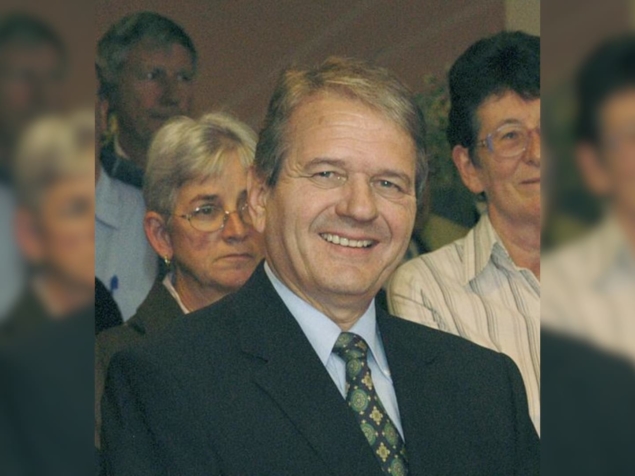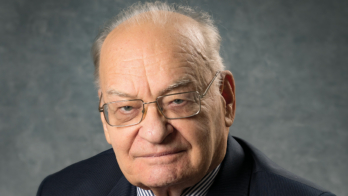
Former CERN director Horst Wenninger, who played key roles in the approval of the LHC and in establishing knowledge transfer at CERN, passed away on 16 July. Horst was universally trusted and his advice was sought regularly by colleagues. He knew his way around CERN like no one else, and knew whom to contact to get things done (and, crucially, how to get them to do it). Before becoming a physicist, Horst had considered becoming a diplomat. Somehow, he managed to combine the two professions, all in the interest of CERN. He cultivated the art of connecting scientists, engineers and administrators – always with the aim of achieving a clear goal.
Born in Wilhelmshaven, Germany in 1938, the third child of a naval officer, Horst earned his PhD in nuclear physics from Heidelberg University in 1966. Two years later he joined CERN to participate in the Big European Bubble Chamber (BEBC). From the outset Horst was inspired by CERN. Early on he saw the importance of the Laboratory for establishing peaceful worldwide collaboration and relished participating in the adventure.
He was soon identified as a leader, first as physics coordinator for the BEBC in 1974. In 1980 he went to DESY to work on electron–positron collider physics in preparation for LEP, returning to CERN in 1982 to lead the BEBC group. In 1984 he became head of the experimental facilities division, providing support for Omega, UA1 and UA2. For the R&D and construction of the LEP detectors Horst needed to implement a new style of collaboration: for the first time, major parts of the detectors had to be financed, developed and provided by outside groups with central CERN coordination. In 1990 he became leader of the accelerator technologies division, and in 1993 he was appointed LHC deputy project leader, where his profound knowledge of CERN was vital for the reassessment of the LHC project.
The wider community also benefited immensely from his contributions in advisory roles throughout his active life
Horst’s five-year term as CERN research and technical director began in 1994 – the year LHC approval was expected. The day before the crucial vote by the CERN Council in December of that year, the German delegation was still not authorised to vote in support of the project. In a latenight action Horst managed to arrange contact with the office of the German chancellor, with the mission to sway the minister responsible for the CERN decision. His cryptic reaction was conveniently interpreted by the supportive German delegate as a green light, a determined move for the good of CERN. Horst was later awarded the Order of Merit (First Class) of the German Republic.
In 2000 Horst helped launch the CERN technology transfer division and chaired the technology advisory board. Also, thanks largely to his drive, the 2017 book Technology Meets Research – 60 Years of CERN Technology: Selected Highlights was published. Horst retired from CERN in 2003, but continued to make major contributions. He was asked to provide guidance for the FAIR project at GSI Darmstadt, where he was instrumental in arranging the involvement of CERN accelerator experts and later steered the complex and delicate organisation of major international “in-kind” contributions. When, in 2019 the EU approved the “South-East European International Institute for Sustainable Technologies” (SEEIIST), Horst was appointed to coordinate the projects first phase.
Horst left his mark on CERN. The wider community also benefited immensely from his contributions in advisory roles throughout his active life. We have lost an outstanding colleague and a good friend from whose enthusiasm, advice and wisdom we all benefited tremendously.





